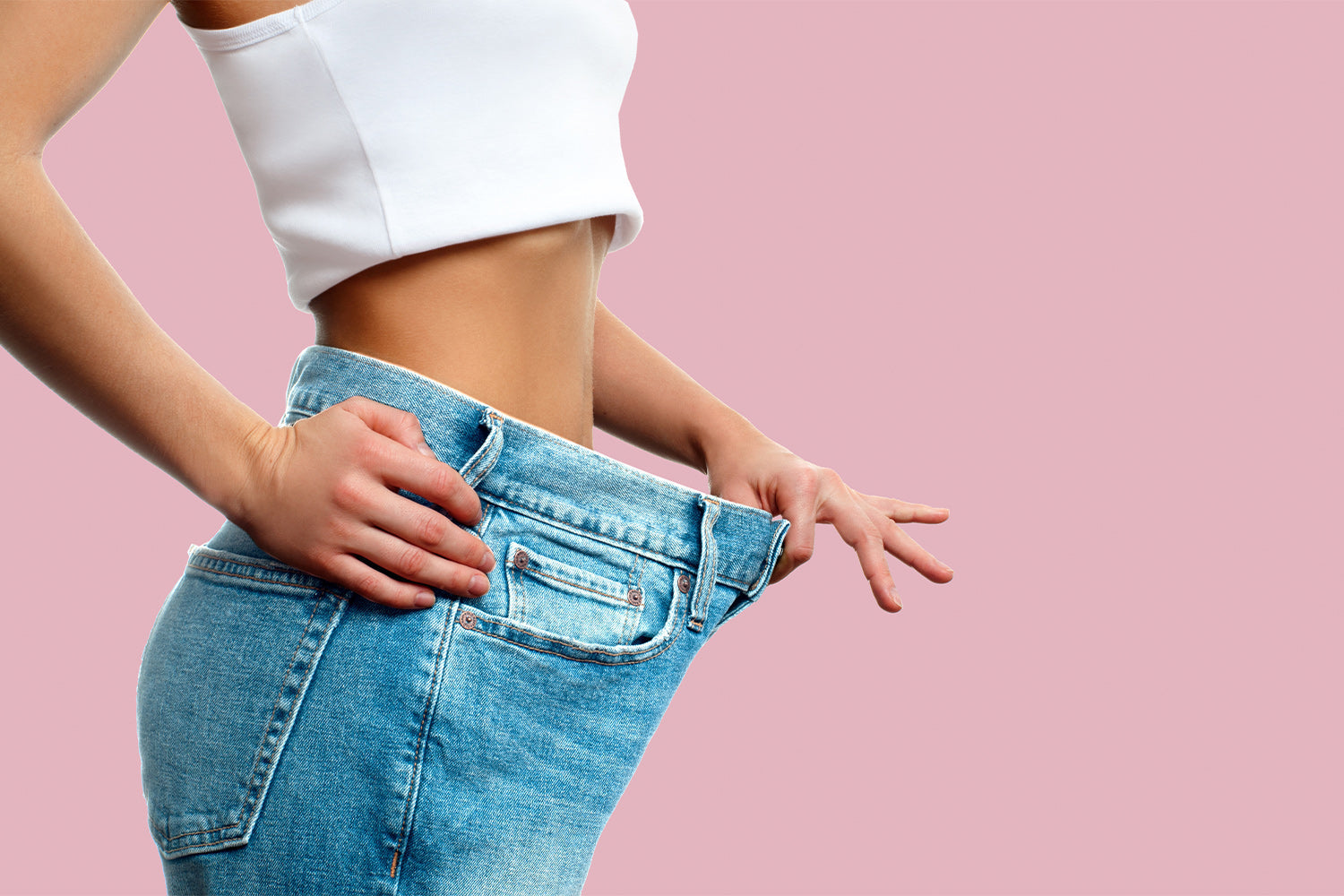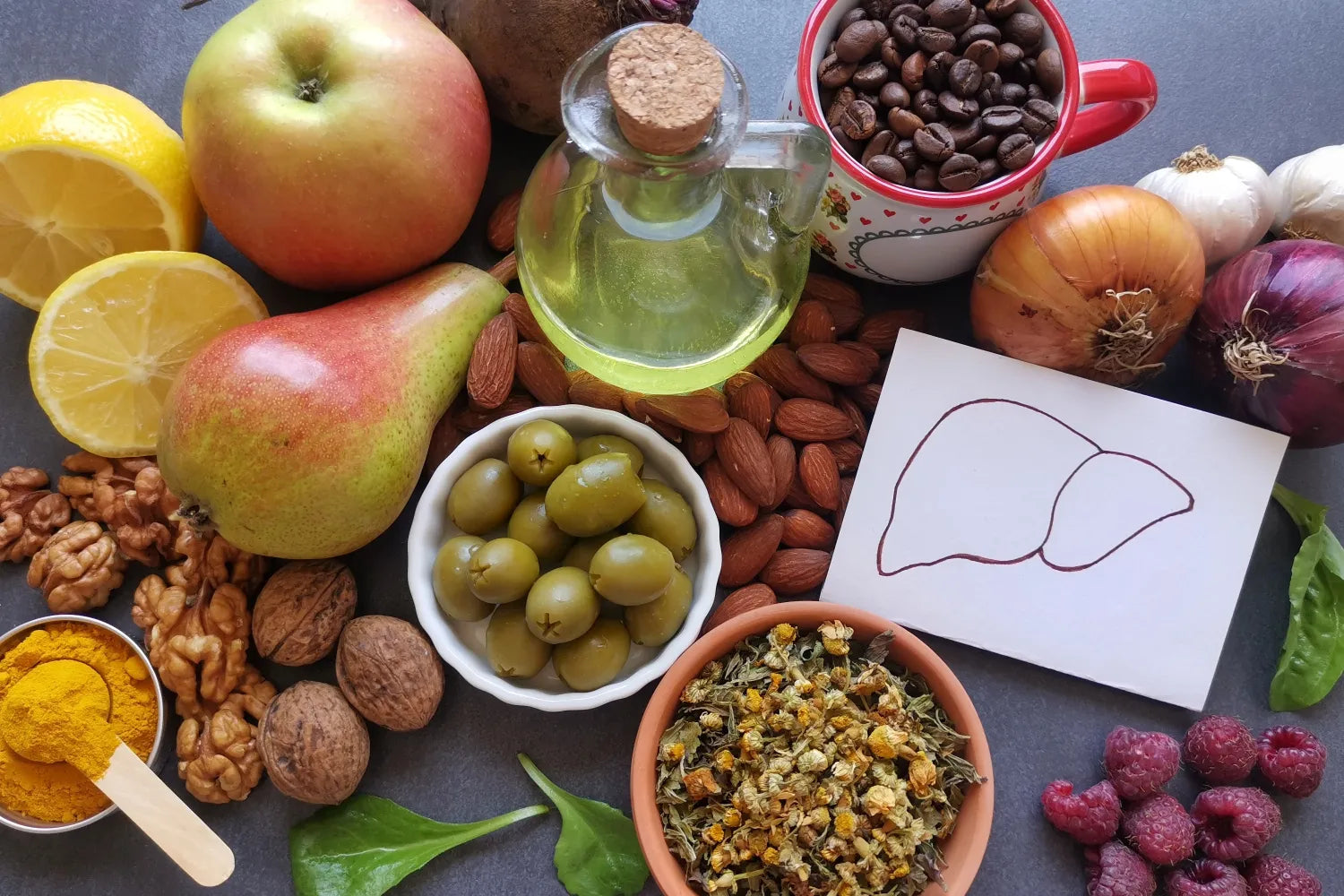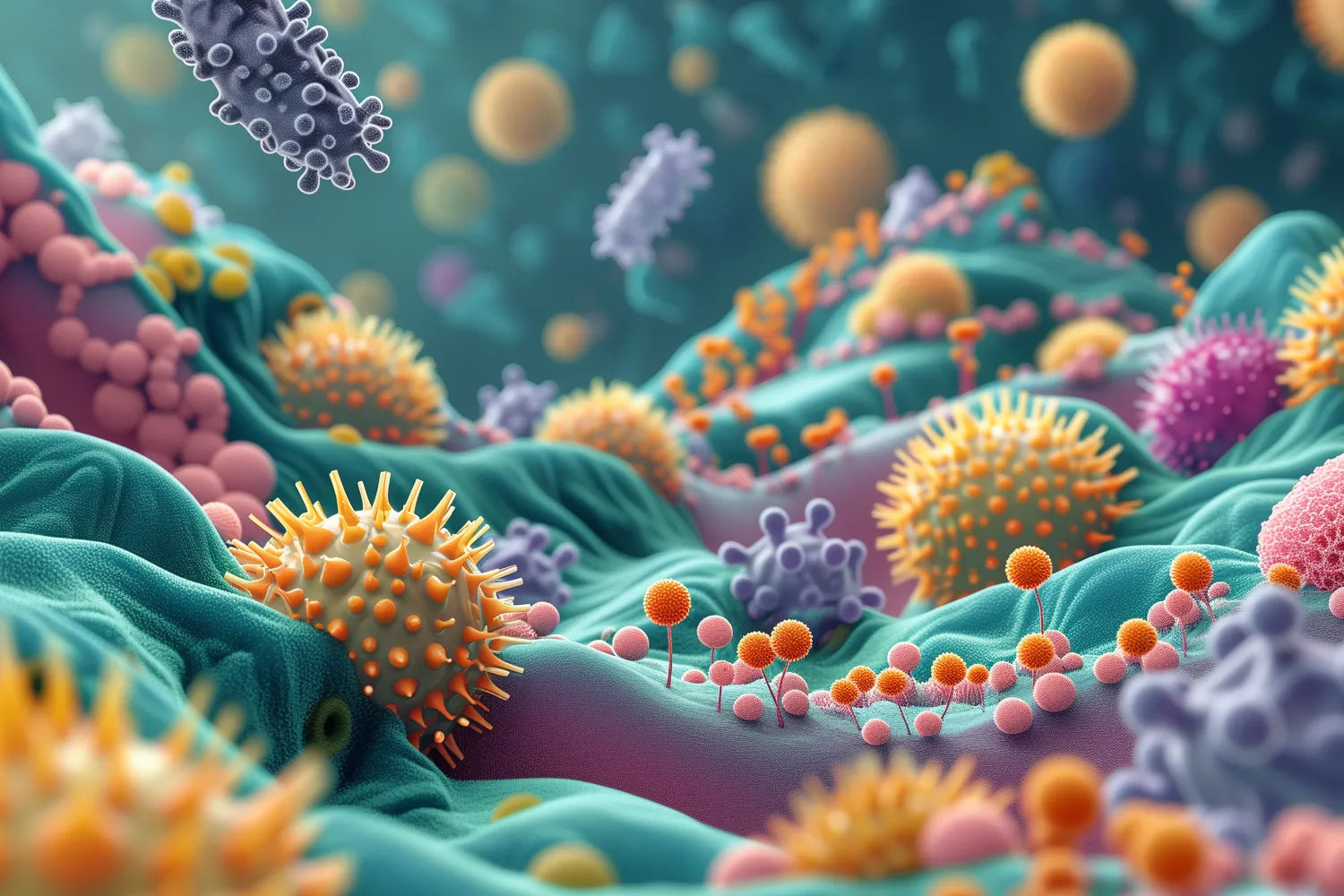
Dr. Eric Venn-Watson’s Highlights
Celebrities and social media influencers alike attribute gluten-free diets to their weight loss success. While fad diets (including going gluten-free without actually having a gluten allergy) may be incredibly successful for some people, they don’t work for everyone, nor do they adequately meet everyone’s nutritional needs.
Going gluten-free in an atmosphere where gluten is present in many foods, including many you might not expect, can be very challenging. Together we’ll explore whether or not going gluten-free can actually help you lose weight, and what other options may make you more successful.
First, let’s talk about what gluten is, and why it’s even a consideration for the dietary chopping block.
What Is Gluten?
Gluten is a catch-all term for an entire group of proteins that are derived from plants like wheat, barley, and rye. They can also come from other grains, but those three are the most popular and abundant sources.
Gluten is a sticky protein that is often used in food products to keep the ingredients together in one piece or to help them keep their shape. Gluten is also used as an emulsifier in products like food colorings and salad dressings, which can make it particularly tricky to avoid.
Bottom line, you won’t be able to avoid gluten by simply avoiding grain and grain products or by asking for the cauliflower crust at your local pizza place. Gluten is used in numerous products, even face creams and body lotions.
Is Gluten Bad For You?
Whether gluten is healthy or unhealthy is widely debated. Popular diets like Atkins, low-carb, and keto all proclaim that gluten and grains shouldn’t have a place at our table, and are responsible for weight gain and diseases like type II diabetes and high cholesterol.
Other studies recognize grains (and by extension, gluten) as a fundamental part of any healthy diet, and highlight the fact that grains can keep your heart healthy. There are, however, two instances when gluten should be completely eliminated from your diet.
Why Would You Go Gluten-Free?
Some individuals are specifically allergic to gluten, and consuming it can cause serious harm to their health. There are twp types of gluten allergies: gluten sensitiviy, and celiac disease. If you suffer from either, avoiding gluten is the best option.
What Is Celiac Disease?
Celiac disease is an autoimmune disorder. It happens when an immune response occurs in the small intestine after a person consumes a product containing gluten. This response attacks the lining of the small intestine, damaging it, and making it hard for other nutrients and vitamins to be absorbed properly.
Symptoms of celiac disease include:
- Bloating and gas
- Cramping and abdominal pain
- Diarrhea
- Lethargy and fatigue
- Nausea, vomiting, and stomach upset
- Constipation
Because malabsorption can occur because of celiac disease, a person with untreated celiac disease may be at risk of malnutrition and may actually lose weight if they consume gluten. There is no cure for celiac disease, but avoiding gluten is a viable solution that allows a person with celiac disease to remain healthy.
What Is Gluten Sensitivity?
Gluten sensitivity is a condition that is similar to celiac disease, but not identical. People who have gluten sensitivity may experience the same types of symptoms as celiac patients, but they do not develop an immune response that damages their intestinal lining.
Sometimes referred to as Non-Celiac Gluten Sensitivity, this condition produces the same bloating, cramping, and digestive discomfort which makes consuming gluten virtually impossible.
Does Avoiding Gluten Lead to Weight Loss?
Although a limited number of the celebrities and influencers who promote a gluten-free diet may have a genuine gluten allergy or sensitivity, the majority of the gluten-free crowd does not.
Eliminating gluten from the diet as a means of weight loss is more a dietary trend born from popular diets like Atkins, low carbohydrate, and keto. The basis of these diets is a focus on protein and low-carbohydrate vegetables, and fat.
It should go without saying that if you eliminate an entire food group from your diet without replacing those calories from other sources, you will ultimately lose weight. However, this doesn’t mean the diet is sustainable, nor does it mean the diet meets your nutrient needs. Going gluten-free can sometimes have detrimental effects on your health.
People without gluten sensitivities that eliminate gluten entirely can also find themselves with a diet low in fiber, calcium, iron, and essential B vitamins. It’s important to remember to eat a variety of foods (including fruits and vegetables) if you decide to go gluten-free to make up for these dietary deficiencies.
The bottom line: there’s no concrete evidence that going gluten-free will help the average person who is not gluten intolerant lose weight.
While you may experience an initial loss of weight by simply omitting grains from your diet and not replacing them with other calories, this can lead to vitamin and nutrient deficiencies that can be detrimental to your health.
If you do suffer from a gluten allergy or intolerance, avoiding gluten is the best (and only) option for treatment.
What Really Works For Weight Loss
We tend to overcomplicate weight loss, but it’s fairly straightforward. A caloric deficit is a foundational key to losing weight. You must either eliminate calories that you consume or burn them off with exercise to lose pounds.
On average, it takes the elimination of 500 calories per day to lose just one pound of fat per week. Where your calories come from and how you work to eliminate them are also important.
Healthy Eating
A healthy diet is important for everyone. Eating properly ensures your body gets the vital nutrients and essential vitamins it needs to survive. Vitamins that are essential are called so because our body needs them to function properly, but can’t make them on its own. As such, we have to get them food (or supplement) sources.
A balanced diet is important to make sure your body gets what it needs to function, but also to keep you full between meals and keep your metabolism regulated, which are crucial for maintaining a healthy weight.
Exercise
Your doctor is right, you need to move your body. Just 30 minutes of heart-pumping exercise a day can lower your risk of heart disease and help you maintain a healthy weight. Exercise has a plethora of other health benefits, like improving your mood, reducing fatigue, and helping maintain muscle mass.
For seniors, maintaining movement is essential to fight bone and muscle loss and prevent injuries.
Consider a Supplement
There’s no magic pill for weight loss success, but a supplement can help support you on your weight loss journey, and can help fill in dietary gaps if your diet creates them.
Deciding which supplement to take can be agonizing; there’s no shortage of pills that claim they’ll help you lose weight.
One supplement that can give your body support on the cellular level is a little-known, saturated fatty acid called pentadecanoic acid, or C15:0 for short.* This odd-chain, saturated fatty acid is found mostly in whole dairy products like full-fat milk and butter, so there’s a large chance you aren’t getting much of it in your diet.
C15:0 helps support your cells two ways:*
1. Strengthening cell walls. As we age, our cell walls become flimsy, making them susceptible to external stressors. C15:0 is a sturdy fatty acid that digs into cell walls keeping them fortified and protected.2. Boosting mitochondrial function. Our cells are powered by their mitochondria. With age, mitochondrial function begins to decline, which means your cellular function also declines. C15:0 increases mitochondrial function by 45%. Pretty big news for cells that are feeling sluggish.
C15:0 also helps regulate and balance processes like mood, sleep, immunity, and even hunger.†* By interacting with special receptors called PPARs that control these processes, C15:0 helps bring your body back into homeostasis.†*
Elevate your cells. Elevate your self.
Keep the Gluten, Add the Fatty
If you aren’t gluten intolerant or gluten sensitive, eliminating gluten from your diet won’t have much of an impact on your weight, and it could even leave you with large gaps in your diet that cause malnutrition.
If you tolerate gluten, focus on eating a variety of nutrient and vitamin-rich foods, getting plenty of exercise, and adding a pentadecanoic acid supplement to your health stack.
Fatty15 is the first and only pure, vegan C15:0 supplement. Just one capsule a day can help support your body and give your cells a fighting chance to remain strong and function properly as you age.†*
You don’t have to skip the foods you love to lose weight. You only need a balanced diet and a little help from a supplement that lets you age on your own terms.
Get started with fatty15 today, and tell the kitchen you don’t need the cauliflower crust, after all.
Sources:
What is Non-Celiac Gluten Sensitivity? | BeyondCeliac.org
Celiac disease - Symptoms and causes|Mayo Clinic.org
Diet Review: Gluten-Free for Weight Loss | The Nutrition Source | Harvard TH Chan School of Public Health
Eric Venn-Watson M.D.
CEO, Co-Founder
Senior Scientist, Co-Founder
Eric is a physician, U.S. Navy veteran, and Co-founder and COO of Seraphina Therapeutics. Eric served over 25 years as a Navy and Marine Corps physician, working with the special forces community to improve their health and fitness. Seraphina Therapeutics is a health and wellness company dedicated to advancing global health through the discovery of essential fatty acids and micronutrient therapeutics.
You May Also Like...
10 Foods Good for Your Liver: The Ultimate Guide
Your liver does a lot for you. If it had a voice of its own, it might ask you to eat more veggies and cut back on your Old Fashioneds. Unfortunately, the liver doesn’t receive a lot of attention until...
How To Improve Your Gut Microbiome: 6 Tips
Interested in how to improve your gut microbiome? We’ve got six tips to help your gut thrive and improve your overall digestion.


